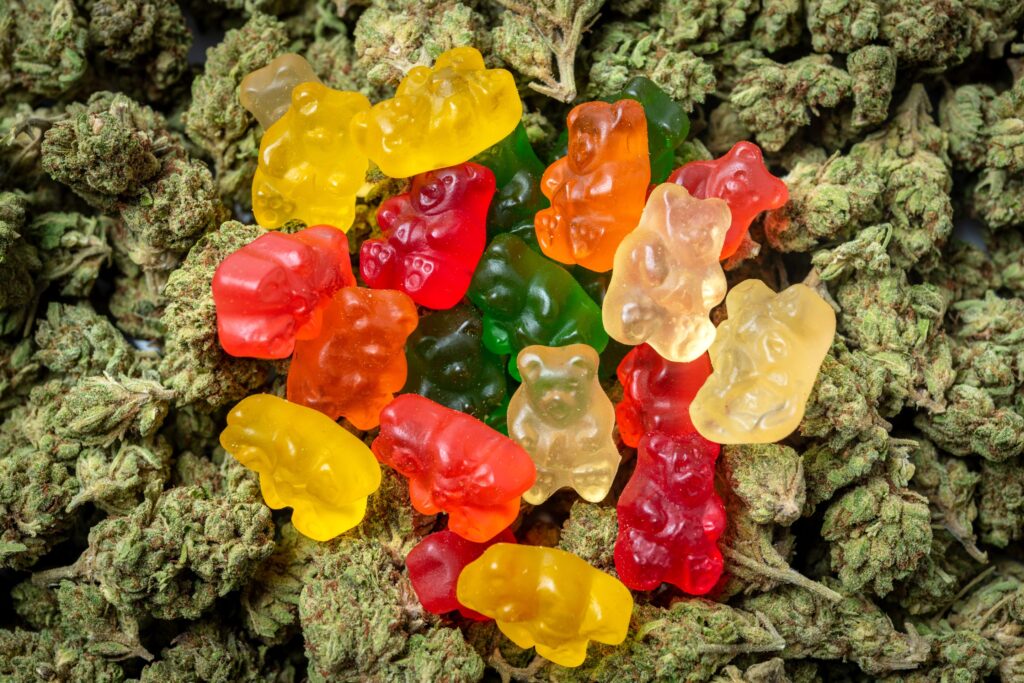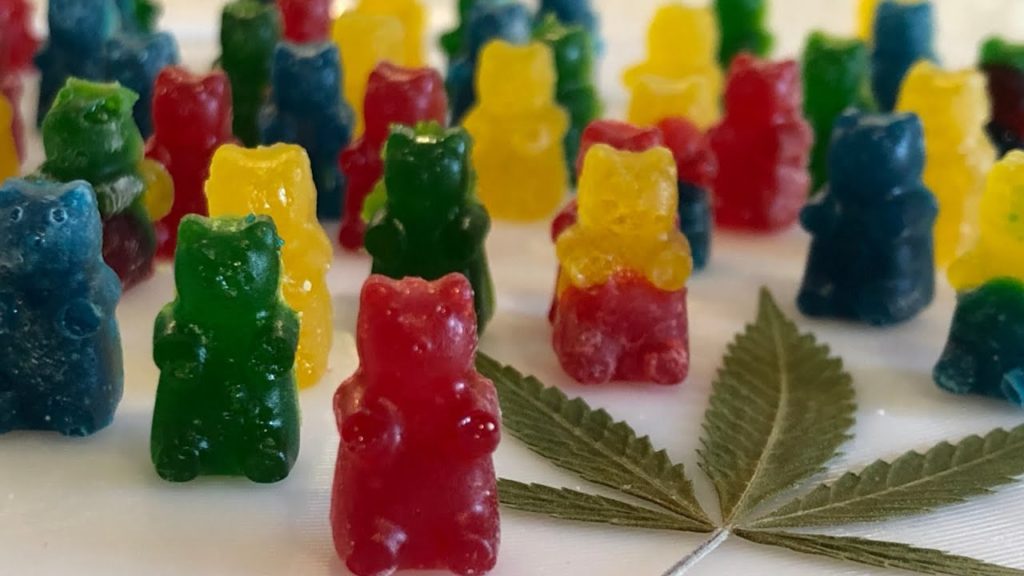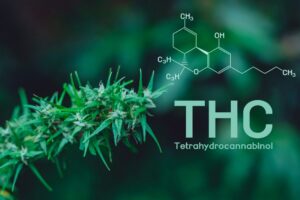The aroma of freshly baked space cakes wafts through the narrow streets of Amsterdam, mingling with the chatter of tourists and locals lounging in cozy coffeeshops. For decades, this Dutch city has been a beacon for cannabis enthusiasts, offering a unique model of tolerance that has shaped global perspectives on cannabis use. The Amsterdam Model, with its iconic coffeeshops, provides a fascinating case study for understanding how regulated cannabis access can function. As the United States and other regions embrace cannabis legalization, the rise of THC gummies—available online, wholesale, and through white-label branding—reflects an evolution of this model, blending Amsterdam’s lessons with modern innovation. This blog explores how Amsterdam’s approach informs the burgeoning THC gummy market, highlighting key facts, figures, and insights.
A Legacy of Tolerance in Amsterdam
In the 1970s, the Netherlands took a bold step by decriminalizing cannabis possession and sales under specific conditions, birthing the coffeeshop system. This policy aimed to separate cannabis from harder drugs, reducing associated harms while allowing controlled access. By 2025, over 100 of the Netherlands’ 443 municipalities have at least one coffeeshop, with Amsterdam boasting dozens, serving both locals and tourists. Adults over 18 can purchase up to 5 grams of cannabis daily from these licensed establishments, which offer a variety of strains, from THC-rich sativas to CBD-heavy hybrids. In 2023, Amsterdam’s coffeeshops generated an estimated €1.2 billion in revenue, contributing significantly to the local economy through tourism and taxes.
The system isn’t perfect. While retail sales are tolerated, cannabis cultivation and wholesale supply remain illegal, creating a “backdoor” paradox where coffeeshops rely on unregulated sources. This leads to inconsistent potency and quality, with some edibles like space cakes containing unpredictable THC levels, ranging from 10 to over 100 mg per serving. Despite these flaws, the Amsterdam Model has kept cannabis use rates lower than in the U.S., with only 8% of Dutch adults reporting monthly cannabis use in 2022 compared to 17% in the U.S. This suggests a cultural normalization that discourages abuse while fostering responsible consumption.
The Rise of THC Gummies in the Global Market
Across the Atlantic, the U.S. has taken Amsterdam’s blueprint and adapted it to a rapidly growing cannabis industry. The 2018 Farm Bill legalized hemp-derived products with less than 0.3% Delta-9 THC, paving the way for THC gummies to become a mainstream edible. Unlike Amsterdam’s space cakes, which often lack precise dosing, THC gummies offer consistency, with each piece typically containing 5–25 mg of THC. In 2024, the U.S. edible market, including THC Gummies Online, was valued at $2.9 billion, with gummies accounting for 70% of edible sales due to their portability, discreetness, and variety of flavors like mango, berry, and citrus.
THC Gummies Wholesale has also surged, driven by demand from retailers like CBD shops and wellness centers. Companies like Kind Oasis in Wisconsin produce vegan gummies infused with Delta-8, Delta-9, and other cannabinoids, offering bulk orders with minimums as low as 50 units. THC Gummies White Label services further democratize the market, allowing businesses to brand high-quality gummies without developing their own formulas. These services, provided by manufacturers like Wholesale Hemp Suppliers, enable retailers to customize flavors, potencies, and packaging, with turnaround times as short as two weeks. This flexibility has fueled an explosion of brands, with over 1,000 THC gummy products available online in 2025.
Lessons in Regulation and Quality Control
Amsterdam’s coffeeshops taught the world that regulated cannabis access can reduce black-market activity and promote safer consumption. However, the lack of standardized testing in the Netherlands highlights a critical lesson: quality control is paramount. In the U.S., reputable THC gummy brands like Area 52 and Cornbread Hemp prioritize third-party lab testing, ensuring purity levels above 97% and accurate THC content. For example, Area 52’s UFO Max Gummies contain 15 mg Delta-9 THC, 100 mg CBD, and 5 mg CBG per piece, offering a balanced, full-spectrum experience. These standards address Amsterdam’s inconsistency issues, where edibles like brownies might deliver an underwhelming 5 mg or an overwhelming 50 mg of THC.
The U.S. has also learned from Amsterdam’s emphasis on consumer education. Coffeeshops often provide strain information and usage tips, a practice mirrored by online retailers. Websites like Sunday Scaries and Kush Queen include detailed dosage guides, recommending beginners start with 2.5–5 mg of THC and wait two hours before consuming more. This “start low, go slow” mantra helps prevent overconsumption, a common issue with edibles due to their delayed onset (30–60 minutes) compared to smoking. In 2024, 85% of U.S. THC gummy brands provided lab reports online, fostering transparency and trust, unlike the opaque supply chains in Amsterdam.

Cultural Shifts and Consumer Preferences
Amsterdam’s coffeeshops created a social space for cannabis consumption, blending relaxation with community. This cultural acceptance has influenced the THC gummy market, where products are marketed not just for recreation but for wellness. Brands like BATCH offer gummies tailored for specific effects: blueberry for balance, watermelon for relaxation, and tangerine for energy. In 2023, 60% of U.S. gummy consumers cited stress relief as their primary reason for use, followed by sleep aid (25%) and pain relief (15%). This mirrors Amsterdam’s medical cannabis users, who often seek CBD-rich strains at coffeeshops like Boerejongens.
The discreet nature of gummies also aligns with modern lifestyles. Unlike smoking, which carries a distinct odor, gummies are odorless and portable, appealing to 68% of users who prefer edibles for their convenience, according to a 2024 Leafly survey. Online platforms have capitalized on this, with sites like CBD.co and Cheech & Chong’s offering nationwide shipping of Delta-9 gummies, compliant with the 2018 Farm Bill. These products, often vegan and gluten-free, cater to diverse diets, a stark contrast to Amsterdam’s traditional space cakes, which may contain allergens like dairy or gluten.
Challenges and Future Directions
Despite its successes, the Amsterdam Model faces challenges that the THC gummy industry must heed. The illegal supply chain in the Netherlands creates risks of contamination and inconsistent dosing, issues the U.S. mitigates through strict regulations. However, varying state laws in the U.S. create a patchwork of legality, with some states banning Delta-8 while others permit higher THC limits. In 2025, 12 states fully legalized recreational cannabis, while 24 allow hemp-derived THC gummies, causing confusion for consumers. The industry must advocate for unified standards to ensure safety and accessibility.
Another challenge is the potency of new cannabinoids like THCP, used in gummies by Canna Health Amsterdam. At 2.5 mg per gummy, THCP is significantly stronger than Delta-9, requiring clear warnings for beginners. The U.S. can learn from Amsterdam’s harm-reduction approach, ensuring robust education campaigns to prevent misuse. Looking forward, the THC gummy market could adopt Amsterdam’s social model by creating consumption lounges, blending the coffeeshop vibe with modern edibles. Pilot programs in Colorado and Nevada, launched in 2024, suggest this trend is emerging.
Amsterdam’s Enduring Influence
Amsterdam’s coffeeshops have shown that cannabis can be integrated into society without chaos, a lesson the THC gummy industry has embraced with innovation. By combining precise dosing, rigorous testing, and diverse offerings, companies selling THC Gummies Online, Wholesale, and White Label have built on the Dutch model while addressing its shortcomings. As the global cannabis market grows—projected to reach $55 billion by 2027—the synergy of Amsterdam’s cultural acceptance and America’s regulatory advancements will shape a future where cannabis is safe, accessible, and celebrated. From coffeeshops to gummies, the journey reflects a shared goal: making cannabis a part of everyday life, responsibly and enjoyably.
Discover premium THC Gummies Wholesale with NanoHempTechLabs, a leader in innovative cannabis solutions. Our Delta-9 THC nano gummies, crafted with cutting-edge nanotechnology, offer fast-acting effects, precise dosing, and 18-month stability. Perfect for retailers, our gummies come in vibrant flavors like Watermelon and Blue Raspberry, ensuring customer satisfaction. Benefit from low minimum orders (50 units), competitive pricing, and white-label options to elevate your brand. Rigorous third-party testing guarantees quality and compliance. Scale your business with NanoHempTechLabs’ superior edibles. Schedule a call today to explore how we can transform your product lineup
Reference:
- Brewster, D. (2022). The political environment and windows of opportunity., 105-123. https://doi.org/10.1332/policypress/9781529214963.003.0006
- Heidt, J. and Wheeldon, J. (2023). Regulatory models of cannabis policy., 91-118. https://doi.org/10.1093/oso/9780198875215.003.0004
- Knopf, A. (2019). Daily, high‐potency cannabis linked to first psychosis. Alcoholism & Drug Abuse Weekly, 31(14), 3-5. https://doi.org/10.1002/adaw.32321





